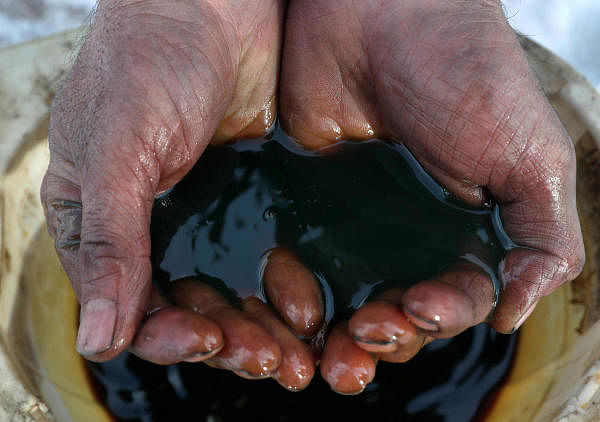The crude oil prices witnessed their sharpest rally in the past three decades before moderating, as a pre-dawn attack on Aramco's oil installations by Houthi rebels of Yemen forced Kingdom of Saudi Arabia to curb 60% of its daily oil production.
The worst disruption in the global oil supply, led to a 19.2% spike in the prices of benchmark Brent Crude oil, as it opened at $71.92 a barrel. However, during the day's trade, the prices moderated and were trading at $65.4 a barrel, up 8.6%. The moderation was the result of US releasing its oil reserves.
The attack on the state-run oil company of Saudi has resulted in the single-worst disruption in oil markets ever, surpassing the loss of Kuwaiti and Iraqi petroleum supply in August 1990, when Iraq invaded its southern neighbour. The attack forced the company, which is set to be listed soon, to stop production of 5.7 million barrels (almost 60%) of oil. The company, till the attack, had supplied an average of 9.9 million barrels of oil every day, making upto 10% of the global oil production.
If Aramco confirms that the outage will last for weeks, the Brent onslaught is expected to continue until the price hits $80, and keeps moving higher, the analysts suggest.
However, the Gulf Kingdom can suffice it with 2.27 million barrels a day spare capacity.
The surge in the oil prices has led to a stronger US dollar. As a result of this, the rupee tanked heavily as markets opened on Monday.
The domestic currency opened 70 paise lower in the Interbank Forex Markets at 71.62 against the greenback, breaking its six-day long streak of gains. The rupee had closed at 70.92 on Friday, as softening crude oil prices and easing US-China trade tensions bolstered investor sentiment.
At the time of filing this copy, rupee was trading at 71.52 against US dollar, down 60 paise. Traders said that soaring crude oil prices, after the attack on the Aramco’s facilities, has led to a stronger dollar.
After Iraq, Saudi Arabia is the second-largest supplier of crude oil to India and had supplied 295.6 million barrels (almost 20% of the total oil imports) during FY19. The number is expected to have surged in FY2020 as a result of US imposing sanctions on Iran.
